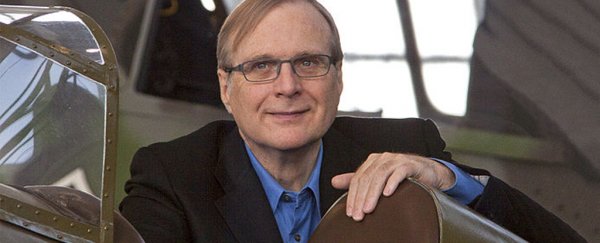They were teenage computer geeks, bespectacled kids from Seattle who taught themselves programming from a Teletype terminal, learned the basics of business from Fortune magazine and dreamed of "a computer in every home and on every desk."
Paul Allen was the self-described "idea man," the shy son of librarians. Bill Gates was the business-oriented partner who brought the ideas to life.
And in 1975, when Allen was 22 and Gates was 19, the friends formed a company that became known as Microsoft, and unleashed a personal-computer revolution that made both men fabulously wealthy.
Allen left the company after only eight years, amid a bout with Hodgkin's disease and a deteriorating friendship with Gates.
But he remained a powerful force in technology and philanthropy for decades, investing his billions in an eclectic array of businesses and charitable efforts while acquiring sports teams, discovering World War II shipwrecks, and backing aerospace ventures that drew on his childhood fascination with adventure stories and science fiction.
He was 65 when he died on 15 October in Seattle. The cause was complications of non-Hodgkin's lymphoma, according to a statement from his family.
Allen first had a brush with the disease in 2009 and announced earlier this month that his lymphoma had returned.
A complete obituary will be published soon.
2018 © The Washington Post
This article was originally published by The Washington Post.
